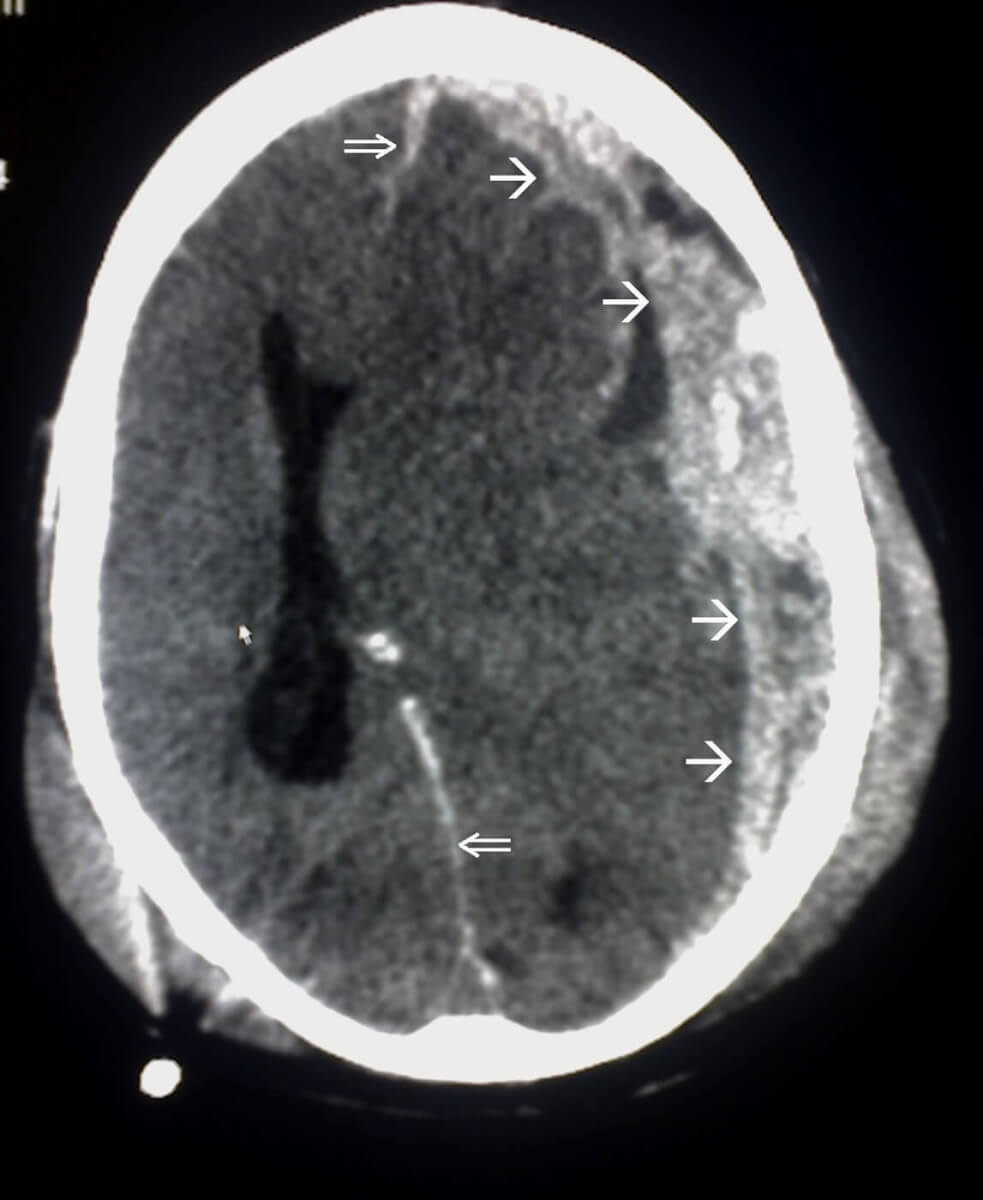It had been raining for most of the morning, but you were still three miles from camp with intentions of reaching it within the hour. A simple misstep on a wet boulder sent you tumbling down into a jumble of rocks below. Landing on your head, you were knocked unconscious for only a moment. When you awoke, you were dazed but better.
 You probably experienced a concussion and should seek medical attention.
You probably experienced a concussion and should seek medical attention.
Falls, accidents, and blunt-force trauma to the head are just a few ways the brain can suffer a concussion. Although there might be cuts or bruises on the head or face, there might be no other visible signs of a brain injury.
Normally, we associate losing consciousness with a concussion, but not all concussion victims follow this path. Some might feel quite normal (despite the possible headache) and not know they are concussed. Similarly, they might recover in only a couple of hours from a light concussion, while some might take weeks or months to fully recover.
Although a victim of concussion will usually fully recover, one thing is for sure: Repeated concussions will cause permanent and irrevocable brain damage.
What Happens During a Concussion?
You brain is a soft lump of tissue that is surprisingly robust in some respects but can be very fragile at times. It is cushioned from bumping into your skull by being suspending in spinal fluid. Under normal activity, this is remarkably effective.
However, if you are hit hard in the head, it isn’t thick enough to keep your brain from crashing into the inside of your skull. The resulting contusions (there will be two bruises on the brain—one from the impact and a second one on the opposite side where the brain collided with the skull) comprise the concussion that affects those areas of your brain.
10 Symptoms of a Concussion
- loss of consciousness
- unclear thinking
- headache
- blurry vision
- balance problems
- dizziness
- nausea or vomiting
- impaired short-term memory
- lack of energy
- easily upset or confused
How to Treat a Concussion
Assuming proper medical attention is far away and proper CT and MRI scans are unavailable, the best treatment for a suspected concussion is rest. And “rest” here means doing absolutely nothing. Any activity (such as reading or watching TV) keeps your brain active. The idea is to slow down your cognitive activity so the brain can repair itself.
Use ice for any swelling. Avoid alcohol, and get plenty of sleep at night.
If the victim is awake and having a lucid conversation, don’t worry about them going to sleep or slipping into a coma. This theory has been debunked. Sleeping is fine—as long as the concussion victim is awakened every couple of hours.
Concussion Prevention
Accidents happen, and sometimes, there is nothing you can do about them. However, you can educate yourself about the symptoms of a concussion, and you can take precautions when you are in an environment or involved in an activity where the chance of trauma to the head is higher than normal (sports, for example. Always wear a helmet and appropriate safety equipment).


